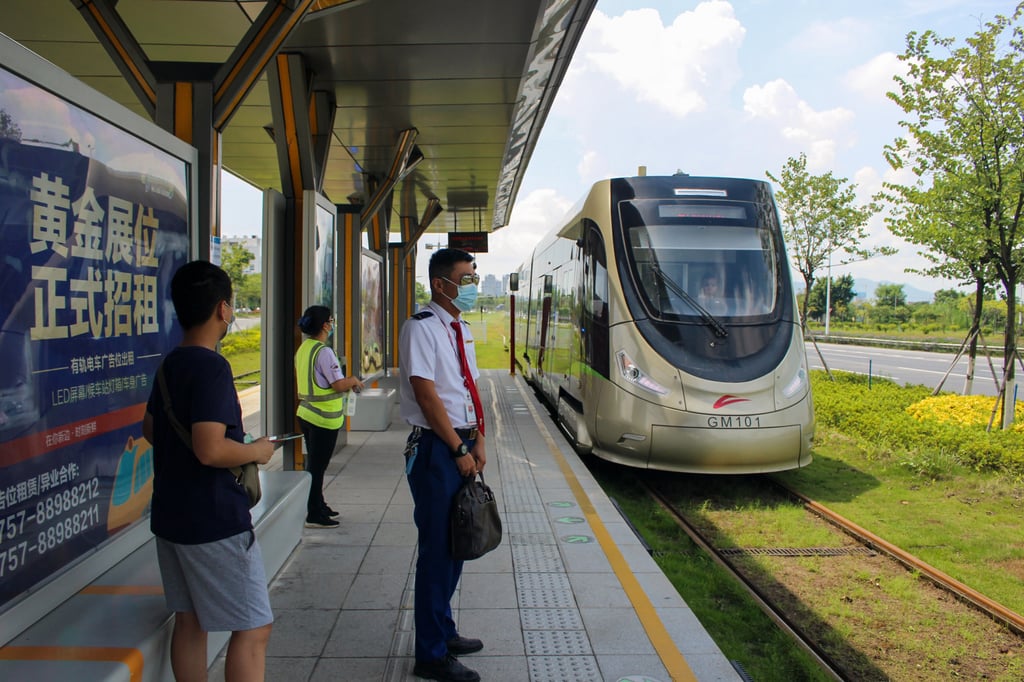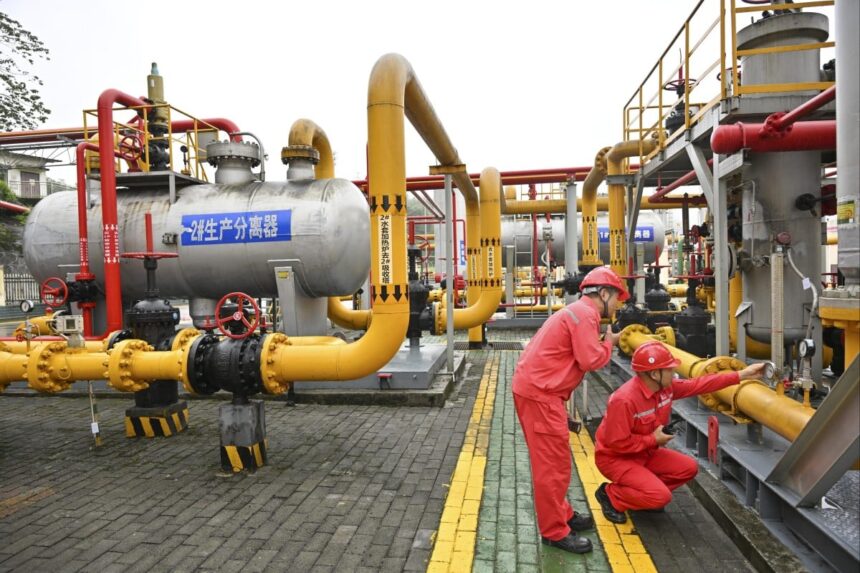Despite China’s increased imports of Russian oil and gas, it does not urgently need additional Russian gas due to its diversified energy sources and climate goals. Russia, isolated from Western markets, heavily relies on China as a buyer. While Russia seeks to build the Power of Siberia 2 pipeline, China is leveraging its position to secure lower prices. As China continues its push towards renewable energy, the necessity for the new pipeline remains uncertain, highlighting Russia’s greater dependence on China’s market.
Read more below:
Russia needs China’s market more than China needs Russian gas
It is no secret that China is taking advantage of Russia’s “energy decoupling” from Europe to get better prices for Russian gas. The European Union has found ways to significantly reduce its gas imports from Russia. However, energy cooperation with China has not allowed Russia to fully make up for the loss of the European market.
In 2023, Russia exported only 28.3 billion cubic metres of natural gas to Europe, which is a drop in the ocean compared to the 192 billion cubic metres that Gazprom alone sold to European countries in 2019.
In 2023, China bought 22.7 billion cubic metres of Russian natural gas, and was paying US$286.9 for 1,000 cubic metres of gas. The Kremlin charged much more for European countries, selling natural gas at US$461.3 for 1,000 cubic metres.
But even though China eagerly takes advantage of significant discounts on Russian gas, it reportedly seeks to secure even lower rates. Reports suggest that Beijing expects to pay at rates close to Russia’s heavily subsidised domestic prices, around US$84 for 1,000 cubic metres. More importantly, China will allegedly commit to buying only a small fraction of the Power of Siberia 2 pipeline’s planned annual capacity of 50 billion cubic metres of gas.
Since the Kremlin, at least for now, does not seem ready to make such huge concessions to its strategic partner, the realisation of the Power of Siberia 2 project remains uncertain. Also, it is questionable whether China even needs another pipeline that would supply it with Russian natural gas, if it is perfectly satisfied with the volume of gas it gets through the already existing Power of Siberia.
According to energy experts, China’s natural gas imports will amount to 250 billion cubic metres by 2030, which can almost completely be covered by current contracts with its suppliers. Moreover, China has bought large amounts of liquefied natural gas from Australia, Qatar and Russia.
But China’s gas imports could reach 300 billion cubic metres per year by 2040, with only half of that volume expected to be covered by existing contracts. As a result, China might have to eventually reach a deal with Moscow on the Power of Siberia 2 pipeline. But what if, in the meantime, China manages to significantly reduce its dependence on fossil fuels?

It is, therefore, no surprise that China will this year hold several important energy summits, where experts from all over the globe will discuss energy security, climate change, and the low-carbon economy.
But even if China does not achieve all of its ambitious plans regarding transition from fossil fuels to renewables, it is not very probable that the Power of Siberia 2 will become its top energy priority any time soon, if at all. Russian energy-giant Gazprom has reported its first loss in more than 20 years, the result of Europe’s “energy divorce”. Russia appears to need the Chinese market more than China needs Russian gas.
Quite aware of that, Beijing is now in position to dictate its own terms to the Kremlin. The problem for Moscow is that the Power of Siberia 2 project may turn out to be financially unviable. With an ongoing war in Ukraine, persistent isolation from the West and its energy giant losing money, Russia is unlikely to be able to fund the construction of a multibillion-dollar, 2,600-kilometre pipeline (1,616 miles) passing through Russia, Mongolia and China.
Thus, if the Kremlin continues to reduce prices of the gas it sells to China and make extra concessions, it is highly unlikely to benefit even from the Power of Siberia 2 pipeline, if the project ends up going forward.
By: Nikola Mikovic
Source: South China Morning Post







